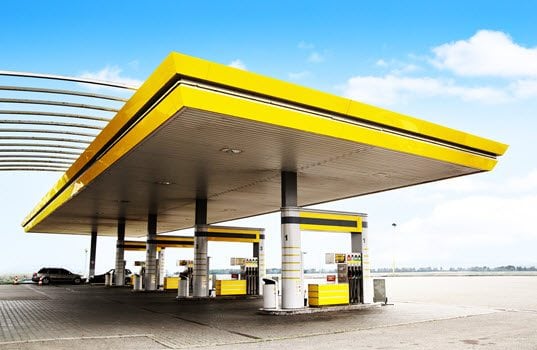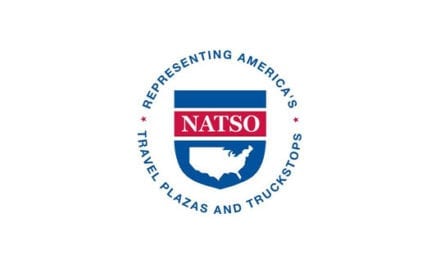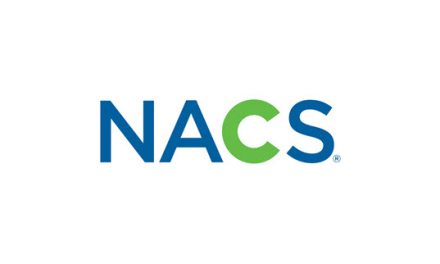By Joe Petrowski
While there are still almost 200,000 convenience and fuel retailing sites and we just saw the second largest, Couche-Tard, get bigger by the acquisition of CST, there are 80,000 sites that are part of chains of less than 400 stores. Many of them, incredibly, one to 10 site operators. What these 80,000 stores typically have in common are:
1.) They lack the necessary improvement capital to make the sites competitive with the larger chains, hyper marts and QSR’s.
2.) They do not have the corporate support necessary in today’s marketplace including HR, IT, legal, fuel and category specialists and chains with less than 500 stores have difficulty getting a positive brand lift.
3.) It is more than coincidence that of the 1,000 separate firms listed in the convenience and fuel retailing business there are 100 with 300 sites or more, with 500 seemingly being the sweat spot for chain retailing. Besides scale, operating efficiencies and brand development it costs a minimum of $15 million in corporate infrastructure to support best- in- class retailing. At 500 sites this works out to $30,000/site, which is a 20% delta to monthly average direct operating costs ($150,000) that returns on average a 40% bump in incremental site gross profit dollars
A recent examination by a well-known consulting group did conclude that the average annual corporate support infrastructure for the 30 firms studied ranged from a low of $10 million to $30 million, with $20 million being the mean expenditure. The lift in gross margin dollars of course depended greatly on the quality of the corporate personnel and the execution excellence of management, but a significant lift per site was experienced at every firm adjusting for incremental capital investment (which is of course a primary responsibility for a corporate oversight group).
It should not be surprising to anyone with a smidgen of business experience that size matters, scale is the great competitive advantage and capital discipline is as important as operating excellence.
So while we will still see significant M&A activity in retail convenience and fueling and multiples may expand further the greatest value will be created in the consolidation of sites lacking a brand presence, corporate support and incremental improvement capital.
 Joe Petrowski has had a long career in international commodity trading, energy and retail management and public policy development. In 2005, he was named President and CEO of Gulf Oil LP and elected to the Gulf Oil LP Board of Directors. In October of 2008 he was named CEO of the now combined Gulf Oil and Cumberland Farms whose annual revenues exceed $11 billion and that now operates in 27 states. In September 2013, Petrowski stepped down as CEO of The Cumberland Gulf Group. He is now managing director of Mercantor Partners, a private equity firm investing in convenience and energy distribution and a member of the Gulf board.
Joe Petrowski has had a long career in international commodity trading, energy and retail management and public policy development. In 2005, he was named President and CEO of Gulf Oil LP and elected to the Gulf Oil LP Board of Directors. In October of 2008 he was named CEO of the now combined Gulf Oil and Cumberland Farms whose annual revenues exceed $11 billion and that now operates in 27 states. In September 2013, Petrowski stepped down as CEO of The Cumberland Gulf Group. He is now managing director of Mercantor Partners, a private equity firm investing in convenience and energy distribution and a member of the Gulf board.








